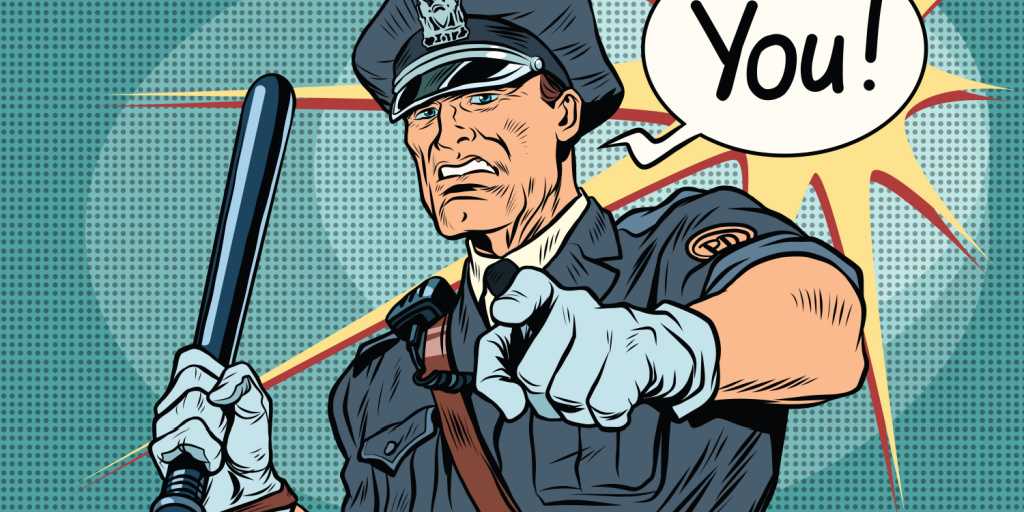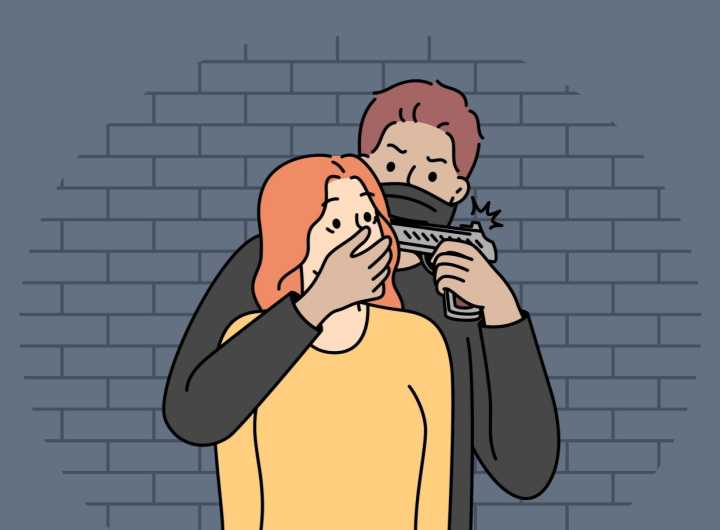Wrongfully Convicted in Arizona: Five Things you Should Know
If you or someone you care about has been recently convicted in Arizona of a crime, either through a plea agreement you now regret, or after a trial, this may be a good introductory guide for you.
Uncounseled or Poorly Counseled Pleas
Rule 32 Relief
Many times people do not want the bother of coming back to court over and over, especially over what they thought was a minor misdemeanor thing like “disorderly conduct” or “criminal damage” even if it’s classified as domestic violence.
To make matters worse, Arizona courts don’t appoint public defenders or indigent defense attorneys on misdemeanors generally unless the prosecutor is looking for jail time. That means that people facing domestic violence cases many times don’t get a lawyer.
So sometimes good people think they are making a good cost-effective and harmless choice by taking a plea early, and uncounseled in what they think is a nothing case, only to find that they lose their job over it, they get rejected from college, they get deported, or they experience some other unforeseen disaster.
To make matters even worse, in Arizona in the courts of limited jurisdiction there are many judges, especially in the outlying rural areas, who are not trained lawyers. This may surprise you, but it’s true.
Yes, I agree that there are many fine judges who don’t have law degrees (and some terrible ones who do), but my point is the combination, here of an uncounseled defendant, and an unlearned judge, with a plea agreement in hand, especially for domestic violence related issues, can be a dangerous combination.
I’ll give you a real life example: I once, some years ago, represented a prison guard in Blythe California, who lived, of all places in Buckeye, Arizona, formerly a cotton farming town, by then an exurb, and now a suburb of greater Phoenix. Long story short: The prison guard client got into a fight with his girlfriend and broke a telephone in their Buckeye tract home.
He was summarily charged by the Buckeye police and summoned to Buckeye Municipal Court to answer to charges misdemeanor “criminal damage.” He actually hired a lawyer and went to court, appeared before the judge who was not a lawyer, and took a plea to the charge, on the first court date, to find out that the criminal damage was classified as domestic violence, and therefore under the Lautenberg Amendment rendered him a prohibited possessor, and therefore put him in a position where he could not be a prison guard any longer. He was, I short, fired/ Note that in that case, he actually had an attorney, albeit an inept one.
The lawyer’s firm hired, up in Phoenix, me to undo the mistake, and thankfully I was able to do so, after some months of work. The charges were then dismissed. A happy ending
The consequences of a felony can be even more disastrous, especially for non-citizens. In Arizona, under Rule 17.5, the defendant may move to set-aside a plea for “manifest injustice.”
One advantage to this provision, is that there is no stated time limit as to when this relief must be applied for.
We have seen a spite of felony pleas for immigrants, that as written resulted in deportation, but if modified, could be safe. We have had luck, on occasion, over the years, in the right case, in asking a judge to modify a sentencing order, nunc pro tunc, dating back several years to fix a problem that could get some deported. We have also had some luck modifying a plea, years after it was entered, in various ways. So all hope is not lost, but it can be tough sledding for the unwary.
After Trial
Motion for New TrialAlmost everyone has the basic sense as to what an “appeal” is. You ask a higher court, an appellate court, to review what the judge did at your trial. But there are other remedies, like what I describe above, especially in situations where the defendant did not have counsel, or had poor counsel who missed important things. What I mean to say is that there is more you can do than just “appeal.”
For example, immediately after the trail—within ten days after verdict—a wrongfully convicted person can move any court in Arizona for a new trial. See Arizona Rules of Criminal Procedure 24.1 “Motion for New Trial.” This motion goes back to the trial judge. But you need a good reason. There’s a list of reasons in the rule: court error on an important legal issue, prosecutorial misconduct, juror misconduct—and as a catchall– “any other reason not due to the defendant’s own fault” that made the trial unfair.
Motion to Vacate Judgment
Similarly, under Rule 24.2 a person can also file a Motion to Vacate Judgment, again with the trial judge, this time within 60 days of entry of judgment, but it’s best sometimes to do it sooner. Here, the grounds are more limited and more sharply defined: Newly Discovered Evidence, or a Significant Constitutional Violation.
Other Relief
And There is other relief, ordinary and extraordinary available under Rules 32 and 33, and other laws for egregious constitutional violations including ineffective assistance of counsel. Such relief is usually sought after direct appeals are exhausted.
I hope I’ve given you at least a a thumbnail sketch ways to undue a plea or conviction after trail, other than a direct appeal. These ways sometimes are more effective than a direct appeal, but there are time limits on many of them.
Recommended Articles

Arizona’s new sealing statute is a powerful way for people who have been charged or convicted of many common offenses, to be able to say “no” in many instances.

In Arizona, “Aggravated Assault” charged under ARS § 13-1204 is a Class Four Felony, and in some cases with mandatory prison.

DUI or domestic violence police misconduct even if not resulting in grievous misfortune can sometimes provide a helpful remedy for the criminally accused.

people are surprised by how outsized the consequences some misdemeanor convictions can be. collateral consequences—meaning all those hidden consequences.

For thirty years two federal laws prohibited all those convicted of misdemeanor domestic violence offenses from ever possessing firearms.

About Michael Harwin
Michael’s skill and experience have been recognized repeatedly. He holds an A-V 5/5 preeminent rating by Martindale Hubbell. He has been named one of the top lawyers in Arizona by Southwest Superlawyers, and one of the best lawyers in Tucson by Tucson Lifestyle Magazine. He also has been named one of the best lawyers in the United States by BestofUS.com , and given the highest rating possible by AVVO, 10/10 Superb. Amazon Books



